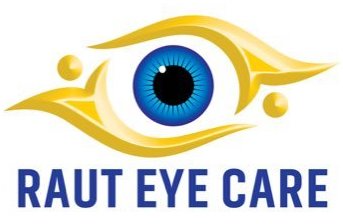
Funduscopy is an ophthalmic examinaton that allows an eye doctor to examine the back of the eye, including the retina, optic disc, and macula.It is done using an ophthalmoscope, which is a lighted, hand-held device with a lens.
The doctor will ask the patient to look at a target light or straight ahead while the doctor looks at the eye.Funduscopy allows the doctor to see the blood vessels and can help diagnose diseases of the eyes, such as glaucoma, diabetes, and macular degeneration.
It can also help the doctor detect signs of other diseases, such as high blood pressure or stroke.Funduscopy is a safe and painless procedure and takes only a few minutes to complete.






